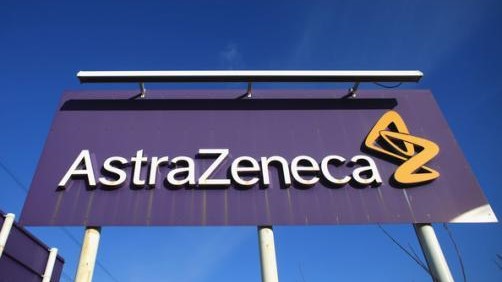AZ reportedly mulls biggest-ever pharma merger with Gilead

Almost exactly six years ago AstraZeneca managed to convince investors to reject a takeover bid from Pfizer – and now the UK pharma is reportedly planning its own mega-merger with Gilead.
AZ has become one of the industry’s success stories since it convinced its shareholders to resist Pfizer’s advances in 2014, after CEO Pascal Soriot oversaw the construction of one of the industry’s richest drug pipelines.
But according to Bloomberg, AZ wants to go further and buy Gilead in what would be the largest pharma merger of all time at around $240 billion.
According to Bloomberg’s unnamed sources, AZ informally contacted Gilead last month to gauge its interest in a merger and no terms for the transaction were specified.
AZ was valued at around $140 billion when markets closed on Friday and is the UK’s largest pharma by market capitalisation, while Gilead was worth $96 billion.
Bloomberg reported that AZ approached Gilead last month, although there are no formal talks under way.
A spokesperson for AstraZeneca told pharmaphorum that the company is not commenting on the story and neither is California-based Gilead.
Now that the story is out there, the debate has moved on to the merits of the deal - and from AZ’s perspective the consensus is that Gilead’s pipeline won’t add that much.
Gilead made headlines by becoming the first company to produce a drug that can help to treat serious cases of COVID-19, although it’s not clear whether remdesivir’s success in the clinic so far will translate into sales.
Remdesivir could be paired with a potential COVID-19 vaccine AZ is developing with Oxford University, and the UK pharma has already been busy building the sales infrastructure for this at risk, although clinical trials are seemingly going well.
One of Gilead’s other most advanced drugs is filgotinib, a JAK inhibitor for rheumatoid arthritis that looks more like a late-to-market also-ran in a highly competitive market, according to latest data.
However Gilead has endured a series of trial flops over the last few years and sales of the hepatitis C drugs that were the cornerstone of its success over the last few years are declining.
But according to a separate analysis by Bloomberg, what Gilead does have is cash flow thanks to its already-approved drugs for HIV.
AZ could use Gilead’s income to bolster its finances, although any large merger would likely involve taking out large bank loans, as was already seen with Takeda’s recent merger with Shire.
Gilead has also been building its oncology pipeline thanks to its acquisition of Kite Pharma which markets cutting-edge CAR-T cancer cell therapies.
Immunotherapy is an area where AZ faces tough competition and its checkpoint inhibitors Imfinzi (durvalumab) and tremelimumab have failed to score the big trial wins seen with Merck & Co's rival Keytruda (pembrolizumab).
For now it remains to be seen whether this will develop into something serious, or will remain an interesting footnote in the history of the industry.
Updated to include responses from AstraZeneca and Gilead












